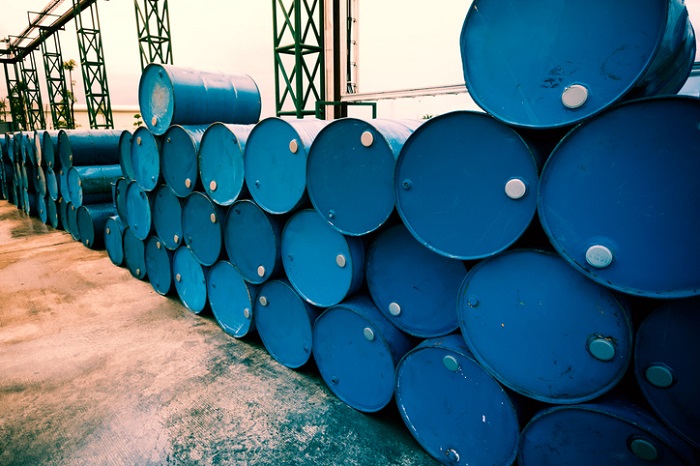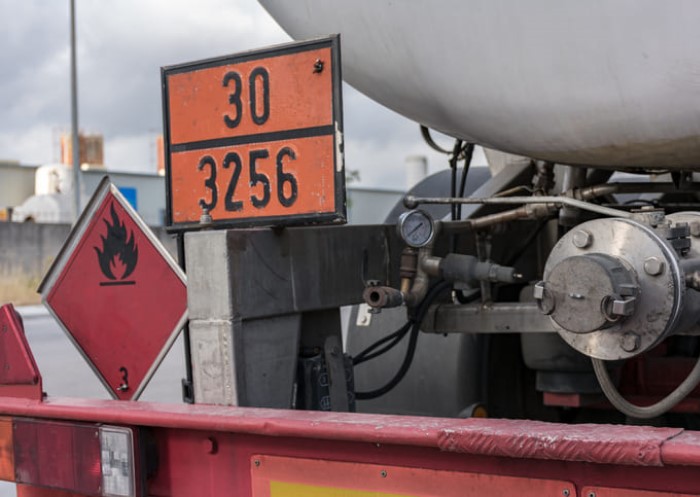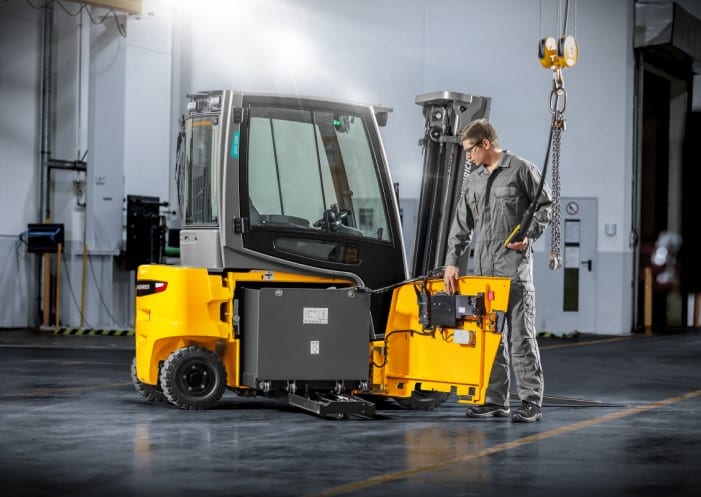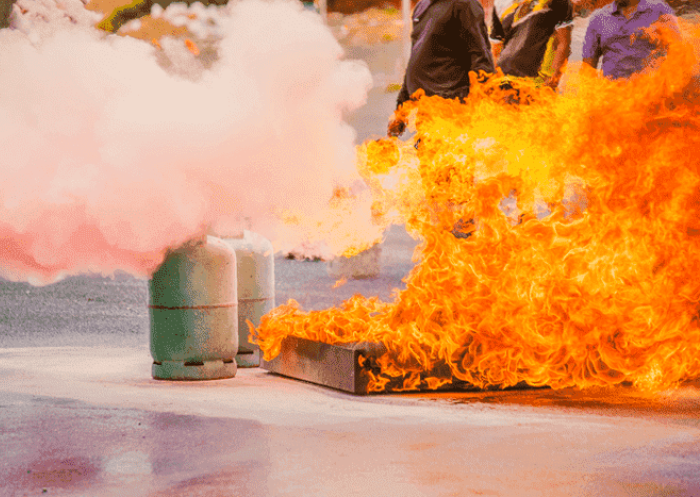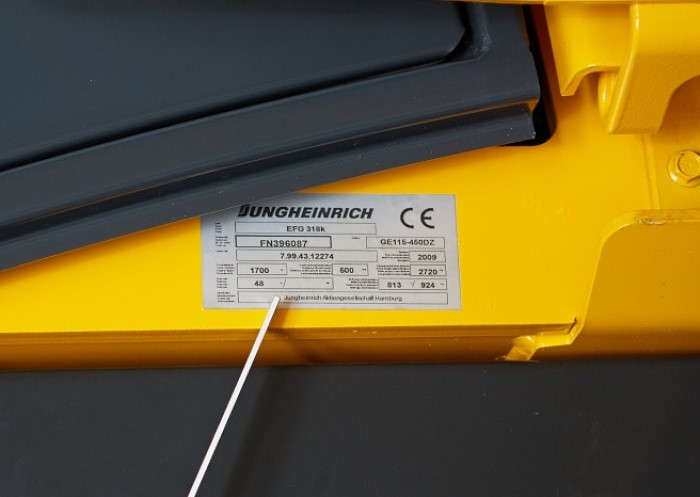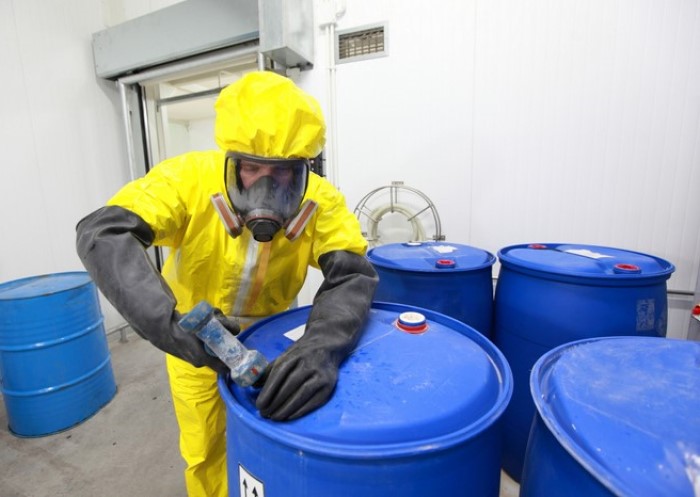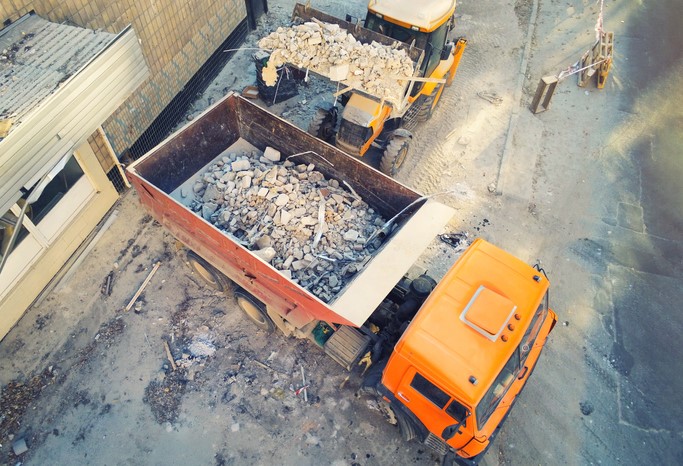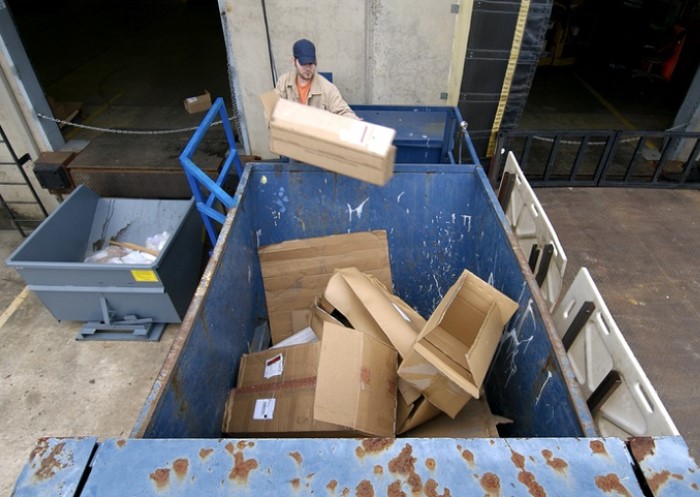Table of contents
Commercial waste is generated in every industrial operation. In addition to the normal types of waste created in the home, there are various other types of hazardous waste generated in commercial businesses, including waste oils. Since these often contain harmful substances, careful and environmentally sound disposal is important. Other used oils such as gear oils or lubricants are also considered hazardous waste.
Commercially disposing of waste oil in the UK is regulated by a number of legislative measures, including the The Hazardous Waste Regulations 2005, the Waste Management Licensing Regulations 1994 and the The Controlled Waste (England and Wales) Regulations 2012. While companies must comply with these more extensive requirements, private consumers can simply take their oil residues to an appropriate collection point.
What counts as waste oil?
Waste oil is generated in a number of ways, for example, when a vehicle’s oil is changed. However, waste oils also include cooling or lubricating oils for machines, hydraulic or heating oils. Different types of oil are divided into several types, each of which has its own disposal regulations.
If they are disposed of incorrectly, waste oils can severely pollute groundwater. One drop is enough to contaminate 600 to 1000 litres of water and thus also endanger numerous living creatures and ecosystems.
Legal regulations for used oil disposal by commercial organisations
If you want to store and dispose of commercial waste properly, you have to comply with the legal requirements. The following guidelines form the legal basis for disposing of waste oil that has accumulated in a commercial environment in the UK. However, you should keep in mind that used oil disposal regulations may differ slightly according to which part of the UK you are in:
- The Control of Pollution (Oil Storage) (England) Regulations 2001: If your business stores or uses oil then you must comply with the requirements set out in these regulations. If you do not, your business could face a fine. In addition, the Environment Agency can serve an anti-pollution works notice to ensure you meet legal requirements
- Waste Duty of Care Regulations 2005: You must ensure hazardous waste produced or handled by your business causes no harm or damage to individuals or the environment. Your business has responsibilities known as ‘duty of care’, which puts an emphasis on doing whatever you can to reuse, recycle or recover waste. If you are unable to reuse or recycle, waste must be disposed of at a licenced waste facility or by a licensed collector.
- The Environmental Permitting (England and Wales) Regulations 2010: This regulation requires individuals to control certain activities when working with hazardous substances that could harm human health or the environment. Businesses need to consider the potential impacts waste disposal can have and ensure it is completed in a legal manner.
Disposing of waste oil commercially – the different categories of waste
Not all waste oil is the same, and measures should be put in place to deal with the specific types of waste you are generating. It is also important to ensure that when you are disposing of old oil you are not mixing or cross contaminating materials, as disposal methods may vary.
You must not mix any of the following fluids:
- Mineral oils
- Cooking oils
- Halogenated oils
- Brake fluids
- Anti-freeze
- Washer fluids
- Oily waters
Waste oils can generally be separated in several different categories which include:
- Vehicle and other oils: These include, hydraulic oils, engine and lubricating fluids, insulating and transmission oils.
- Interceptor wastes: This includes sludges and both oily and solid waste from interceptors.
- Fuels, brake, and antifreeze fluids: This includes fuel oil and diesel, petrol, brake fluids and all types of antifreeze.
- Vehicle components: This includes oil filters, components containing mercury, components containing PCBs.
Disposing of waste oil – Three options for commercial enterprises
Regardless of whether you want to dispose of gear oil, lubricants or hydraulic oil, there are three general ways for commercial enterprises to dispose of their waste oil if they cannot hand it in at a dealer collection point:
- Waste oil recycling: If you take your used oil to a recycling centre, it will be refined into fresh oil. As a rule, you will pay a small fee. However, this disposal option only works for waste oils without additional restrictions.
- Incineration: Contaminated waste oil that contains too many pollutants such as solvents, brake fluid or the like can often only be incinerated. This variant is not environmentally friendly, which is why you should always ensure correct oil separation. Waste oil that cannot be recycled should be taken to a hazardous waste facility.
- Sale: There are numerous disposal companies that specialise in buying used oil and other commercial waste. They will carry out waste oil removal and take care of its further recycling.
Remember to have the recycling centre, the hazardous waste facility, or the purchaser, issue you with proof that disposing of waste oil has been carried out correctly. This is the only way to provide proof according to the UK regulations. Anyone who disposes of waste oil incorrectly or cannot prove that it has been disposed of in accordance with the regulations will face severe penalties, which will match the severity of the regulations breach.
Please note: The regulations mentioned above represent only a selection of the most important legal requirements. Please refer to the listed organisations and directives for more detailed information. If in any doubt, consult experts or contact the relevant regulatory authorities.
Image source:
© gettyimages.de – TanawatPontchour

